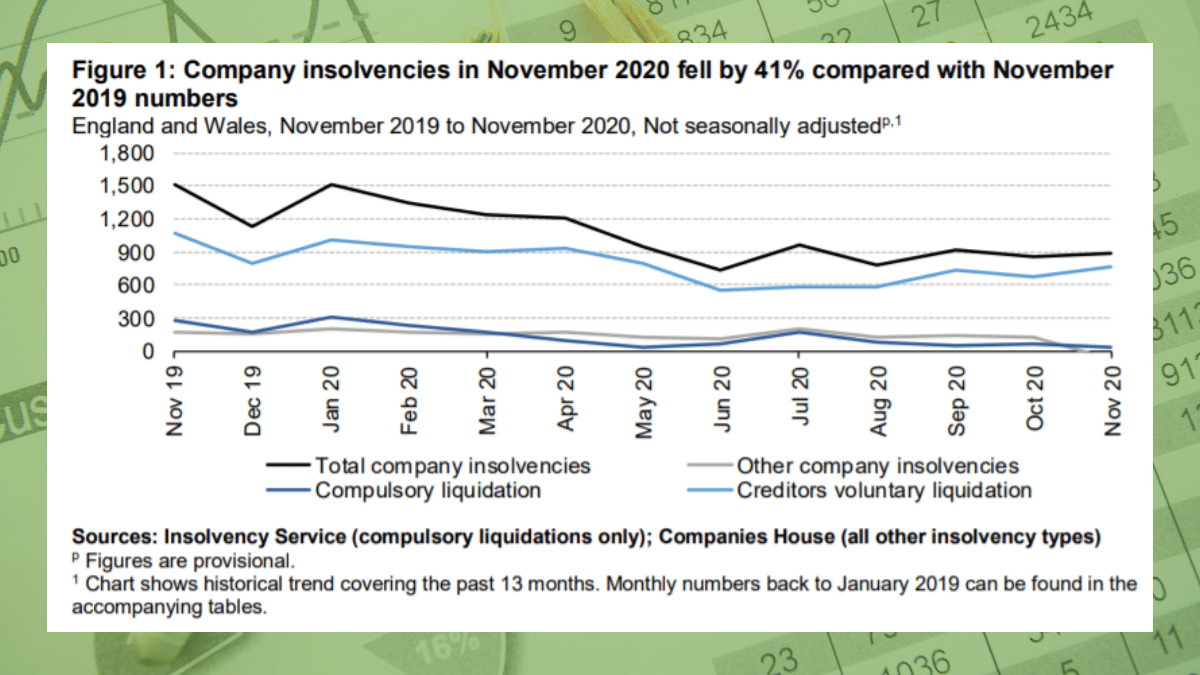Not known Incorrect Statements About Insolvency Practitioner
Table of ContentsWhat Does Insolvency Practitioner Do?Excitement About Insolvency PractitionerThe Main Principles Of Insolvency Practitioner Insolvency Practitioner Fundamentals ExplainedNot known Incorrect Statements About Insolvency Practitioner The smart Trick of Insolvency Practitioner That Nobody is Discussing10 Easy Facts About Insolvency Practitioner Explained
Bankruptcy is when responsibilities are higher than the value of the business, or when a debtor can not pay the debts they owe. A firm can end up being insolvent due to a number of scenarios that cause poor cash flow. When faced with bankruptcy, a business or person can call lenders directly and restructure financial obligations to pay them off.Service owners may call lenders straight and restructure financial obligations into more manageable installations. Financial institutions are typically amenable to this method due to the fact that they want to be repaid and prevent losses, even if the repayment is on a delayed schedule.
An Unbiased View of Insolvency Practitioner
The proprietor creates a proposal detailing how the financial debt might be reorganized utilizing cost decreases or other strategies for assistance. The proposition reveals lenders how business may generate enough capital for successful operations while paying its financial debts. Typically, a forgiven financial debt may be taken into consideration revenue by the Irs (IRS).
:max_bytes(150000):strip_icc()/accountinginsolvency_definition_final_primary_1013-ec9f30044d93461fb78191b77bbcbd17.jpg)
An Unbiased View of Insolvency Practitioner
When procedures discontinue, so does the company's revenue (Insolvency Practitioner). Some business end up being financially troubled because their goods or solutions do not advance to fit consumers' altering requirements.
Costs exceed incomes and expenses remain unpaid. Sorts of insolvency include cash-flow insolvency and balance-sheet bankruptcy. Cash-flow bankruptcy occurs when a company has the assets to cover their financial debts yet they are in the wrong type, such as property rather than liquid funds. Balance-sheet insolvency, on the various other hand, shows an absence of properties in any type of type to cover financial obligations.
The IRS states that a person is bankrupt when the complete responsibilities surpass overall assets. A bankruptcy, on the various other hand, is an actual court order that portrays exactly how a bankrupt individual or organization will certainly settle their creditors, or exactly how they will sell their assets in order to make the settlements.
The Best Guide To Insolvency Practitioner

Financial obligation loan consolidation is when you incorporate several car loans right into one brand-new lending, typically to accomplish better terms. Insolvency is not the like personal bankruptcy, although a business that has become financially troubled might submit for bankruptcy. Bankruptcy is the state of not having the ability to pay your obligations while bankruptcy is a lawful process to release your financial debts.
Recognizing the variables that can lead to bankruptcy, such as overspending, can aid you stop insolvency and its consequences.
What Does Insolvency Practitioner Mean?
It is well known that supervisors and officers of firms (and supervisors of limited responsibility firms) owe fiduciary duties to their companies and their investors (or participants). These fiduciary obligations are defined by state laws and, though there are variations from one state to another, they generally include a responsibility of commitment and a responsibility of treatment.
The obligation of treatment needs directors and officers to work out diligence, to make educated choices, and to act in great faith so that their activities remain in the very best interest of the firm. Past the scope of this discussion, some states permit these tasks to be page restricted either by so noting in the business records or conforming with other demands.
Fascination About Insolvency Practitioner
A lot of states define insolvency in two ways( 1) when a firm's responsibilities come to be greater than the amount of its assets or (2) when the business becomes incapable to pay its financial obligations as they come to be dueand embrace both interpretations (Insolvency Practitioner). The shift in tasks happens due to the fact that when a company is insolvent, there is no value in the business past that owed to the company's financial institutions to make sure that the equity holders no more have a financial risk in the business
Be careful concerning providing shareholders favoritism at the expenditure of creditors (e.g., licensing and moneying a reward or a stock redemption). Take care concerning special treatment in between courses of shareholders. Make sensible initiatives to learn all the realities prior to taking a certain strategy; directors must truly find out believe that any type of choices made are in the very best passions of the firm in its whole (i.e., choices will be assessed in knowledge in light of the impact of such actions on the corporation).
In any type of bankruptcy or insolvency case, payments made to specific lenders at the expense of other creditors can be clawed back, especially if there is some connection between the business and the financial institution. Think about suggesting at an annual shareholder meeting (or any various other meeting of shareholders) a resolution verifying that all prior company choices and activities taken by the directors and officers of the firm were taken in great faith after a workout of sensible care.
Insolvency Practitioner for Dummies
Fully divulge any kind of individual or company partnerships with celebrations beyond of transactions involving the company to prevent the appearance of a dispute of interest. In reviewing possible fund elevating deals or a sale of properties of the troubled firm, understand that these purchases might be scrutinized later taking into account any kind of succeeding growth of directors' fiduciary tasks to basics consist of lenders.